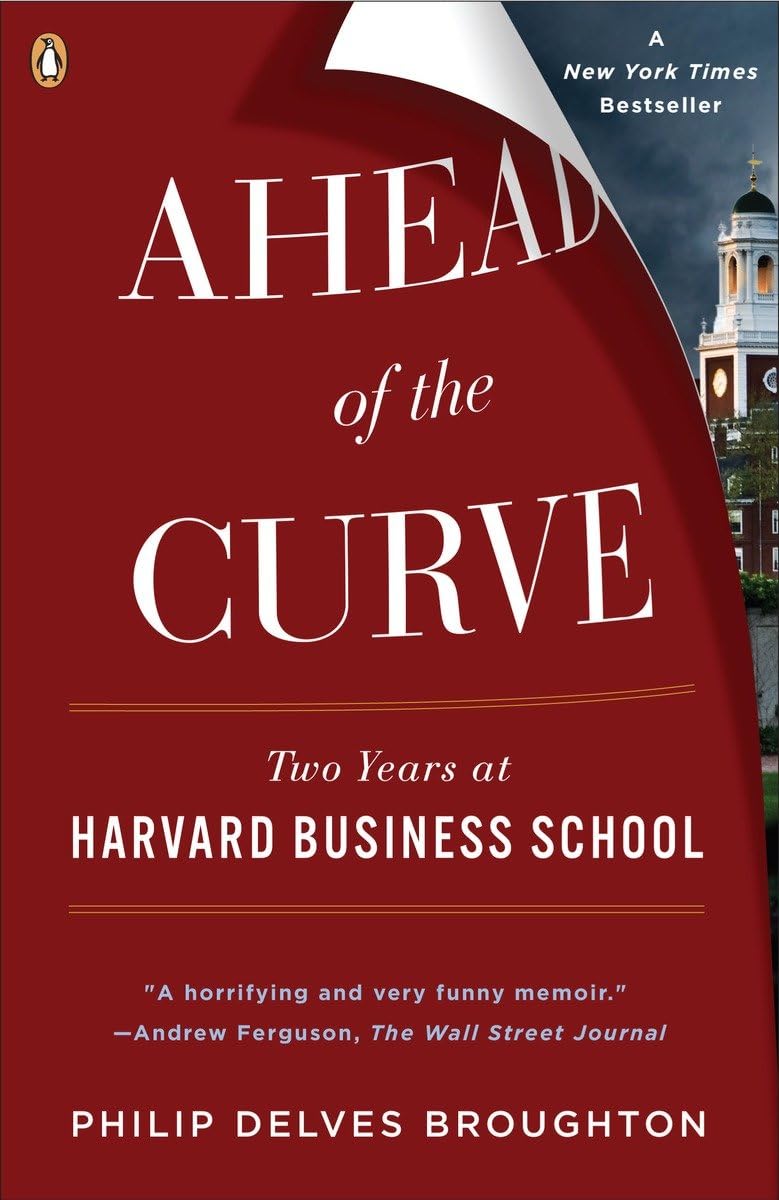Found in 1 comment on Hacker News
dzink · 2013-11-10
· Original
thread
Yes, I think I red it in "Ahead of the Curve" ( http://www.amazon.com/Ahead-Curve-Harvard-Business-School/dp... ) and the author backed it up with data from the most recent tech and financial bubbles. The exact quote escapes me.

